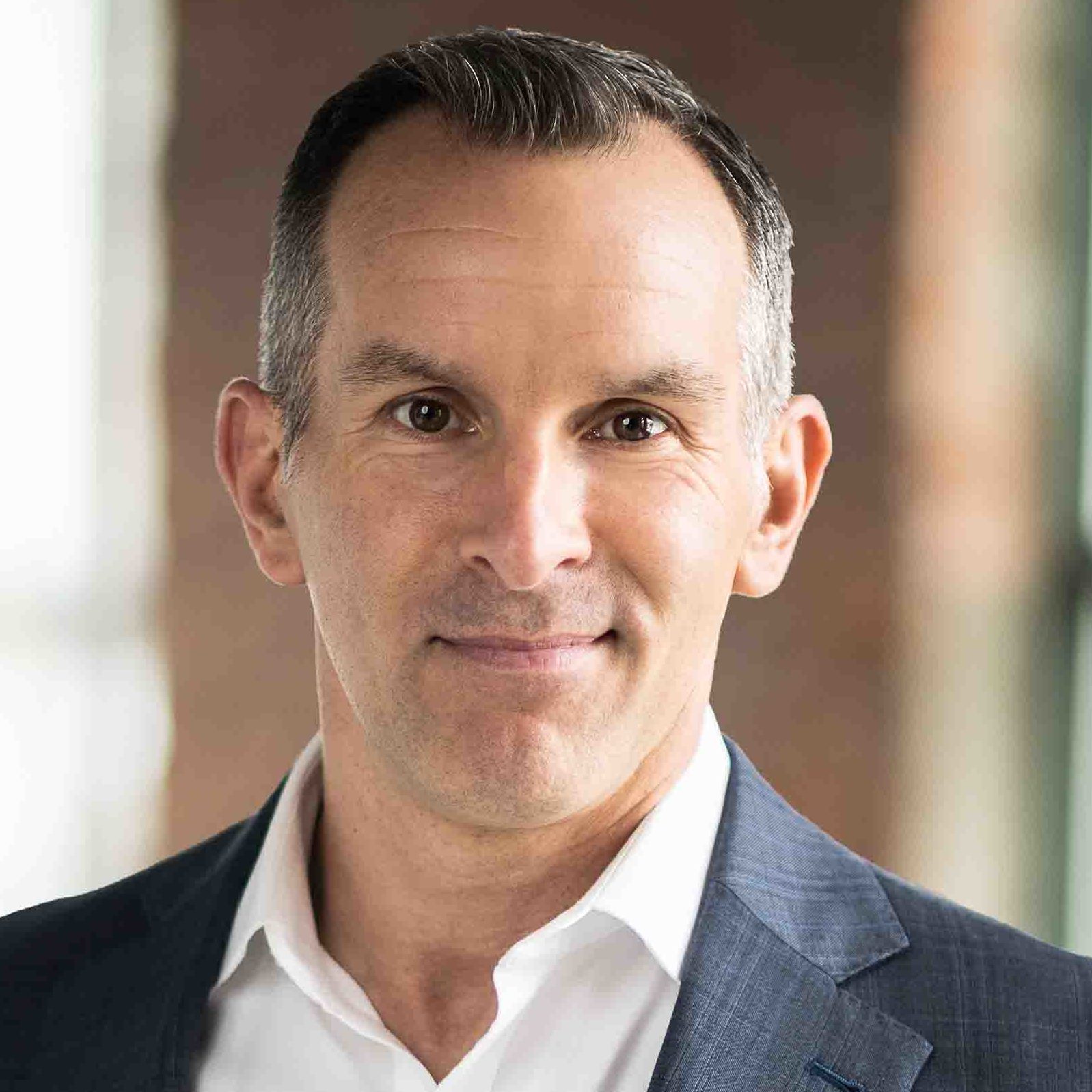
Estate Planning: Securing Your Legacy
Estate Planning: Securing Your Legacy
Start planning for tomorrow, today.
That seems like sensible advice, doesn’t it? Yet surprisingly, a significant number of individuals neglect to leave a plan in place for their loved ones. While it is understandable that no one enjoys discussing their own mortality, it is important to develop and maintain an estate plan because we simply are not able to settle these matters once the time comes.
Everyone has an estate.
There will come a day when someone else will be responsible for managing the things you leave behind after you pass away. This applies to homeowners and renters, retirees and full-time employees, and individuals from all walks of life.
Having an estate plan in place can help ensure that your wishes are executed upon your death. Without your instructions, things may have to be decided in court, leaving your loved ones to deal with legal issues and potentially bitter disputes. Your plan may include wills and trusts, life insurance policies, guidance on the care of your children, powers of attorney, a living will, medical directives, a pre-or post-nuptial agreement, extended care insurance, charitable gifts, debts, digital assets, and more.
Why not just a will?
Although your will may specify who your beneficiaries are, they may still need to obtain a court order to transfer assets from your name to theirs. Effective estate planning can include items like well-prepared and funded trusts, which can assist your heirs in avoiding probate, an expensive process that can tie up assets at a time when they are needed most.
It is important to note that beneficiary designations on qualified retirement plans and life insurance policies usually override bequests made in wills or trusts. Many individuals never review the beneficiary designations on their retirement accounts or insurance policies, resulting in serious consequences when dividing their estates. Having an estate plan in place also means keeping it updated, especially when changes occur in your family or in your personal life.
Where do I start?
As a Wealth Advisor, I recommend consulting with a qualified financial professional to help you get started, particularly one with estate planning experience. Having a trusted financial advisor can help give you peace of mind and ensure that you have everything in place to navigate the process seamlessly.
Related Topics
Disclosures: Please remember that past performance may not be indicative of future results. Different types of investments involve varying degrees of risk, and there can be no assurance that the future performance of any specific investment, investment strategy, or product (including the investments and/or investment strategies recommended or undertaken by Concord Wealth Partners, or any non-investment related content, made reference to directly or indirectly in this newsletter will be profitable, equal any corresponding indicated historical performance level(s), be suitable for your portfolio or individual situation, or prove successful. Due to various factors, including changing market conditions and/or applicable laws, the content may no longer be reflective of current opinions or positions. Moreover, you should not assume that any discussion or information contained in this newsletter serves as the receipt of, or as a substitute for, personalized investment advice from Concord Wealth Partners. To the extent that a reader has any questions regarding the applicability of any specific issue discussed above to his/her individual situation, he/she is encouraged to consult with the professional advisor of his/her choosing. Concord Wealth Partners is neither a law firm, nor a certified public accounting firm, and no portion of the newsletter content should be construed as legal or accounting advice. A copy of Concord Wealth Partners’ current written disclosure Brochure discussing our advisory services and fees is available upon request or on our website. Please Note: If you are a Concord Wealth Partners client, please remember to contact Concord Wealth Partners, in writing, if there are any changes in your personal/financial situation or investment objectives for the purpose of reviewing, evaluating, and/or revising our previous recommendations and/or services, or if you would like to impose, add, or to modify any reasonable restrictions to our investment advisory services. Concord Wealth Partners shall continue to rely on the accuracy of information that you have provided. Please Note: If you are a Concord Wealth Partners client, please advise us if you have not been receiving account statements (at least quarterly) from the account custodian.



